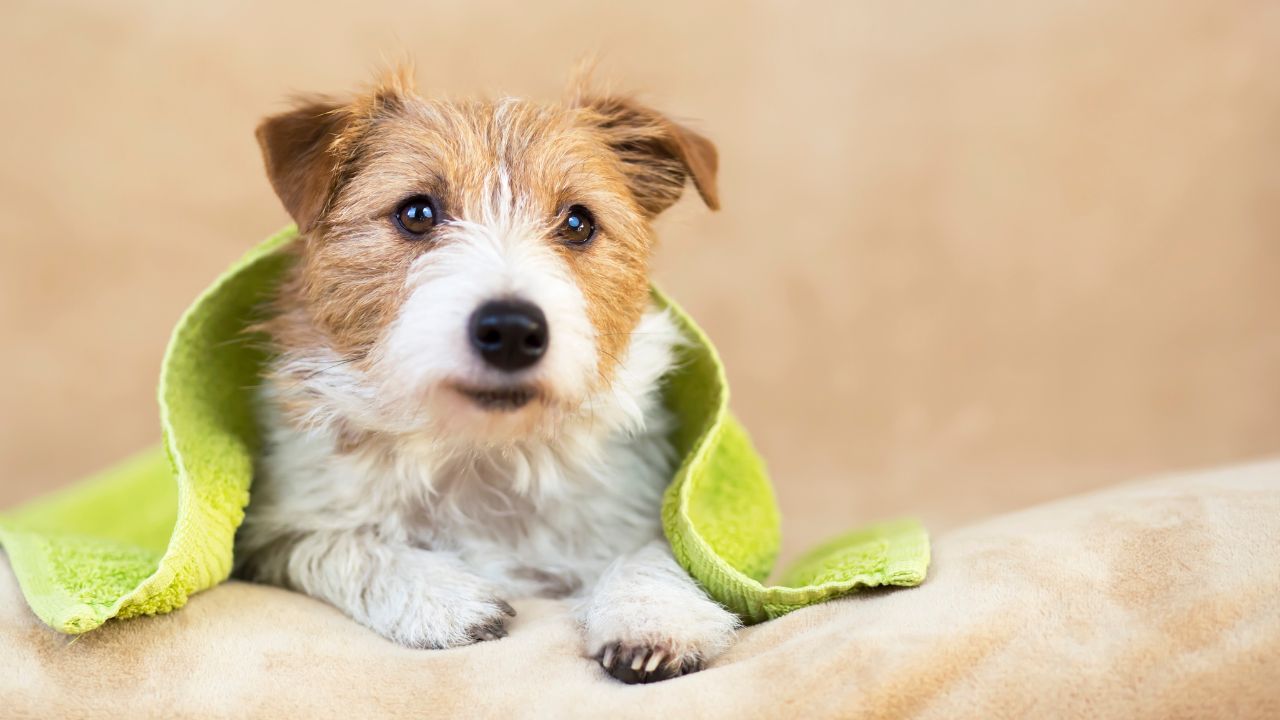No products added!
The appropriate feeding frequency for dogs depends on their age and size.
For Puppies:
- From 6 to 12 weeks of age, very young puppies are usually fed 3-4 times a day.
- From 3 to 6 months of age, gradually reduce to 3 meals a day.
- From 6 to 12 months of age, you can switch to 2 meals a day.
For Adult Dogs:
- From 12 months and onward, most adult dogs are typically fed twice a day, once in the morning and once in the evening.
It’s important to remember that these are general guidelines, and the number of meals per day can vary based on the dog’s breed and individual needs. Always provide the right amount of food in each meal based on the manufacturer’s recommendations and your dog’s weight. Ensure your dog has constant access to fresh water at all life stages. Consult with a veterinarian for specific guidance based on your pet’s needs.
10%
Offer
Buy pet food with irresistible offers
Regarding Why Some Dogs Always Seem Hungry:
The constant sensation of hunger in a dog can have various reasons. Some possible explanations are:
- Medical Issues: Some medical conditions, such as endocrine diseases (like hypothyroidism), diabetes, or gastrointestinal problems, can increase a dog’s appetite. If you notice a significant increase in your dog’s appetite, it’s important to consult a veterinarian to rule out medical issues.
- Inadequate Diet: Your dog’s diet may not be meeting their nutritional needs. Ensure your dog is receiving high-quality food in the appropriate quantity for their size, age, and activity level.
- Physical Activity: Active dogs tend to burn more calories and may have a higher appetite. Make sure your dog gets enough exercise.
- Overfeeding: Providing too many treats or larger food portions can lead to your dog getting used to receiving more food than necessary.
- Anxiety or Boredom: Anxiety or boredom can lead to compulsive eating behavior. Make sure your dog is mentally stimulated and gets enough exercise to keep them busy.
- Changes in the Environment: Changes in routine, such as moving or introducing other animals to the household, can increase stress and affect a dog’s appetite.
- Natural Instinct: Dogs’ stomachs can expand to allow for large meals, and their wolf ancestry can make them want to hunt and eat intermittently.
Balancing these natural instincts with the dietary needs of domesticated dogs is crucial. Consult a veterinarian to ensure that your dog’s diet is well-balanced and meets their nutritional requirements.
For Cats:
The frequency of feeding for cats can vary depending on age and individual preferences, but here is a general guide:
For Kittens:
- From 6 weeks to 6 months, young kittens are usually fed 3-4 times a day to meet their high energy and growth requirements.
For Young Cats:
- From 6 months to 12 months, you can gradually reduce the number of meals to 2-3 times a day.
For Adult Cats:
- From 12 months and beyond, most adult cats are typically fed twice a day, once in the morning and once in the evening.
It’s important to remember that these are general guidelines, and some cats may prefer a different routine. Also, provide the appropriate amount of food in each meal. Access to fresh water is essential for cats at all life stages.
Regarding Cats as Strict Carnivores:
Considering that cats are strict carnivores, their natural diet primarily consists of animal proteins, including meat and organs. Here’s a general reference for the daily proportion of meat and organs in a cat’s diet based on their weight:
- Lean Meat (Muscle): Cats need a significant amount of lean meat protein in their diet. A rough estimate is about 2 to 3 grams of lean meat per kilogram of body weight per day. This can vary based on the cat’s age and activity level.
- Organs: Organs like liver, heart, and kidneys are rich in nutrients and should be part of a cat’s diet. It’s recommended that organs make up approximately 5-10% of the cat’s total daily caloric intake.
To ensure a balanced and natural diet, it’s essential to consult with a feline nutrition specialist. This expert can guide you in meeting all of your cat’s nutritional requirements while considering individual preferences and needs.
Finally, we can say that:
Certainly! Here’s the information you provided translated into English:
“There are many reasons why you might want your pet to eat more than once a day. For instance, if you have an active dog, a sick cat, or a kitten that requires more nutrition, you may need to feed them more than once a day.
However, it’s most important to follow your veterinarian’s advice. This is crucial to understand and keep in mind.




